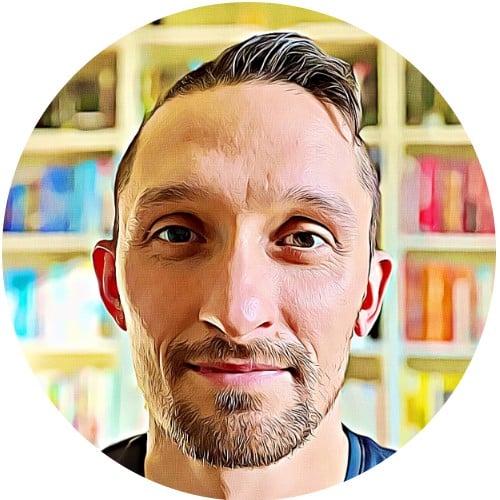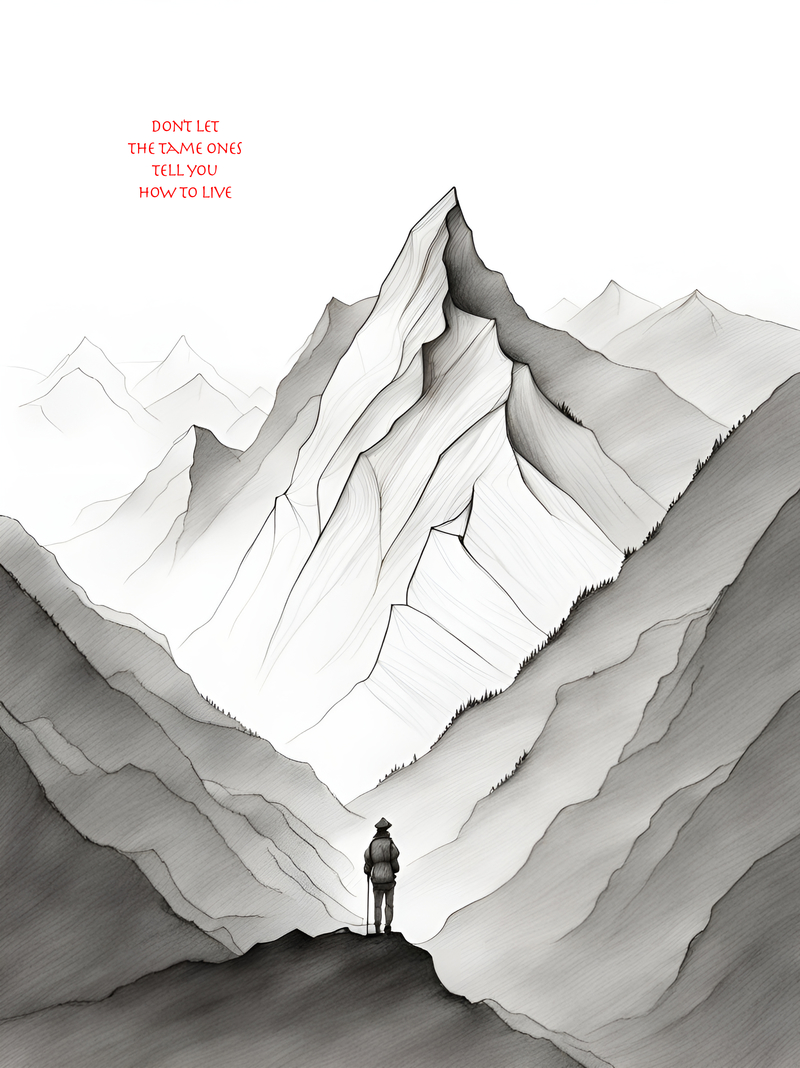“What I had been taught all my life was not true: experience is not the best teacher! Some people learn and grow as a result of their experience; some people don’t. Everybody has some kind of experience. It’s what you do with that experience that matters.”
John C. Maxwell, Leadership Gold
Beyond the Quote (305/365)
“Experience is the best teacher” works when you’re talking about touching a hot stove. I can describe to you the feeling of getting burned with conviction, give you examples, and use sound logic until I’m blue in the face—it still won’t compare to what you come to understand when you touch the hot stove. The same is true when we’re talking about swimming. I can teach you all of the best strokes, floating strategies, and swimming techniques in the field—it still won’t compare to what you learn by actually being in the water.
Without the hot stove or the body of water, the lessons presented are hallow. They are abstract concepts that the mind is trying to grasp rather than concrete interactions that instantly make sense as they come in through one (or more) of our senses. They are missing the fundamental component of interaction/ experience which brings the lessons of the world to life. When experience is present, the knowledge of the world gets transferred to our understanding faster and in a more complete way.
But, what about experiences that have confusing pain/ pleasure signals? Generally speaking, our moment-to-moment choices are made in an effort to avoid pain and feel pleasure. Touching a hot stove is an easy experiential lesson because it only emits pain—there are no confusing signals about it. Learning how to swim and spending time in the water, generally speaking, is pleasurable—there’s nothing painful about it. These types of experiences are, for the most part, black-and-white.
What about experiences with food, though? The pain/ pleasure signals can be incredibly confusing. Eating a cookie is pleasurable now, but painful later. Eating a salad is (comparatively) painful now, but pleasurable later. And then take into account the infinite array of foods to choose from that aren’t easily categorized one way or the other. You know, those foods that aren’t really healthy, but aren’t really that bad for you either. What to make of those experiences? Suddenly, things become a whole lot more gray.
Or, how about our experiences from our childhood? You know, when we have no other experiences to base our experiences off of. There’s nothing more confusing than engaging in experiences when you have no related or prior experience. What does it mean when your parents are acting this way or that way? What to make of an experience that makes you happy, but your parents sad? How to categorize a situation when you get your way, but get punished for later? What about when punishments aren’t consistent and change between mommy and daddy? And then there are all of the experiences that happen that cause trauma. How does an experience-less kid handle all of that?
This is why experience isn’t the best teacher—it’s simply the medium through which life interacts with you. Experience is emotionless. Experience is unbiased one way or the other. Experience is primarily gray—only occasionally black and white. What Maxwell points to in the quote above is that it’s what we do with our experiences that determines what we learn.
Think about it like this: experiences are like the homework assignments that your teacher gives you at school. Giving out homework assignments doesn’t make you the best teacher! The best teachers are the ones who inspire their students to actually solve the assignments (problems) given—they instill a hunger and a curiosity in their students’ minds.
And so, who is the greatest teacher in your life then? Not experiences themselves. It’s the ones who inspire you to solve your life problems and interpret them in the most constructive ways—that’s who. The ones who listen with a compassionate ear and a kind heart and support you on your journey. The ones who help you make sense of your childhood experiences and show you ways to cope with and move forward from your traumas. The ones who give you practical strategies and tips for healthy eating and choosing the right foods. The ones who help you take the constant influx of experiences that bombard you every day and actually sort it all out and deal with it so that you can move forward with your life.
Or, maybe it’s less about others and more about you? If Maxwell is right and it’s what you do with your experiences that matters—then, fundamentally speaking, YOU have to be your own greatest (or worst) teacher. It’s only through the process of trying to solve, trying to interpret, trying to understand that all of our growth occurs. The challenge of trying is the way forward. Other people can influence you, but at the end of the day, YOU are the one who has to do the interpreting, reflecting, and solving.
So, surround yourself with people who inspire you to extract every lesson, reflection, and insight from every experience that you can—yes. But don’t expect them (or life) to give you all of the key experiential lessons any more than you would expect a great teacher to give you all of the answers to assignments straight away. Take ownership of your life. Become your own greatest teacher. And make the best of every experience as it comes up—because if it already came up, what other choice do you really have?
Read Next: 26 Powerful John C. Maxwell Quotes from Leadership Gold
NEW In The Shop: Don’t Let The Tame Ones Tell You How To Live [Poster]
Why We ♥ It: Some of the best advice I (Matt here) ever got was: don’t take life advice from people who aren’t living a life you want to live and don’t take criticism from people you wouldn’t go to for advice. I created this poster to act as a reminder to listen more closely to our role models and less closely to our critics, trolls, and tamed-comfort-zone-hugger acquaintances. It’s also a perfect gift for the outdoor adventurer, travel enthusiast, or solo explorer (or soon to be). Available in print or digital download. 👇🏼
...Want to advertise your book, product, or service? Send inquiries to matt@movemequotes.com.

Written by Matt Hogan
Founder of MoveMe Quotes. On a mission to help busy people do inner work—for better mental health; for healing; for personal growth. Find me on Twitter / IG / Medium. I also share daily insights here. 🌱
It has taken me 1,000’s of hours to build this free library for you. If it has helped you, you can support my continued effort here. ☕️
